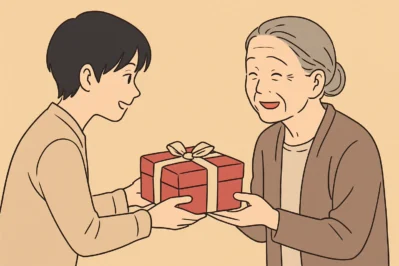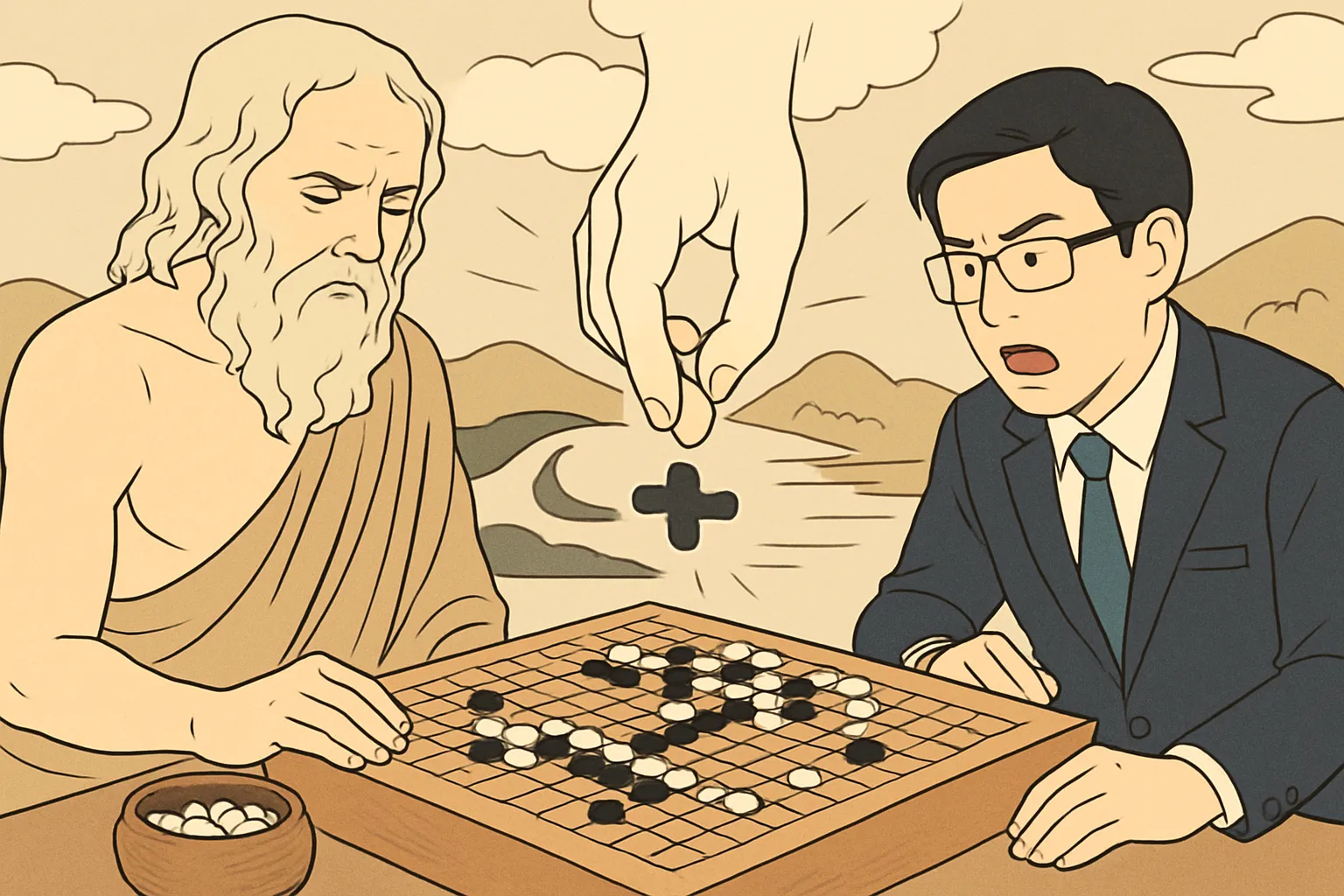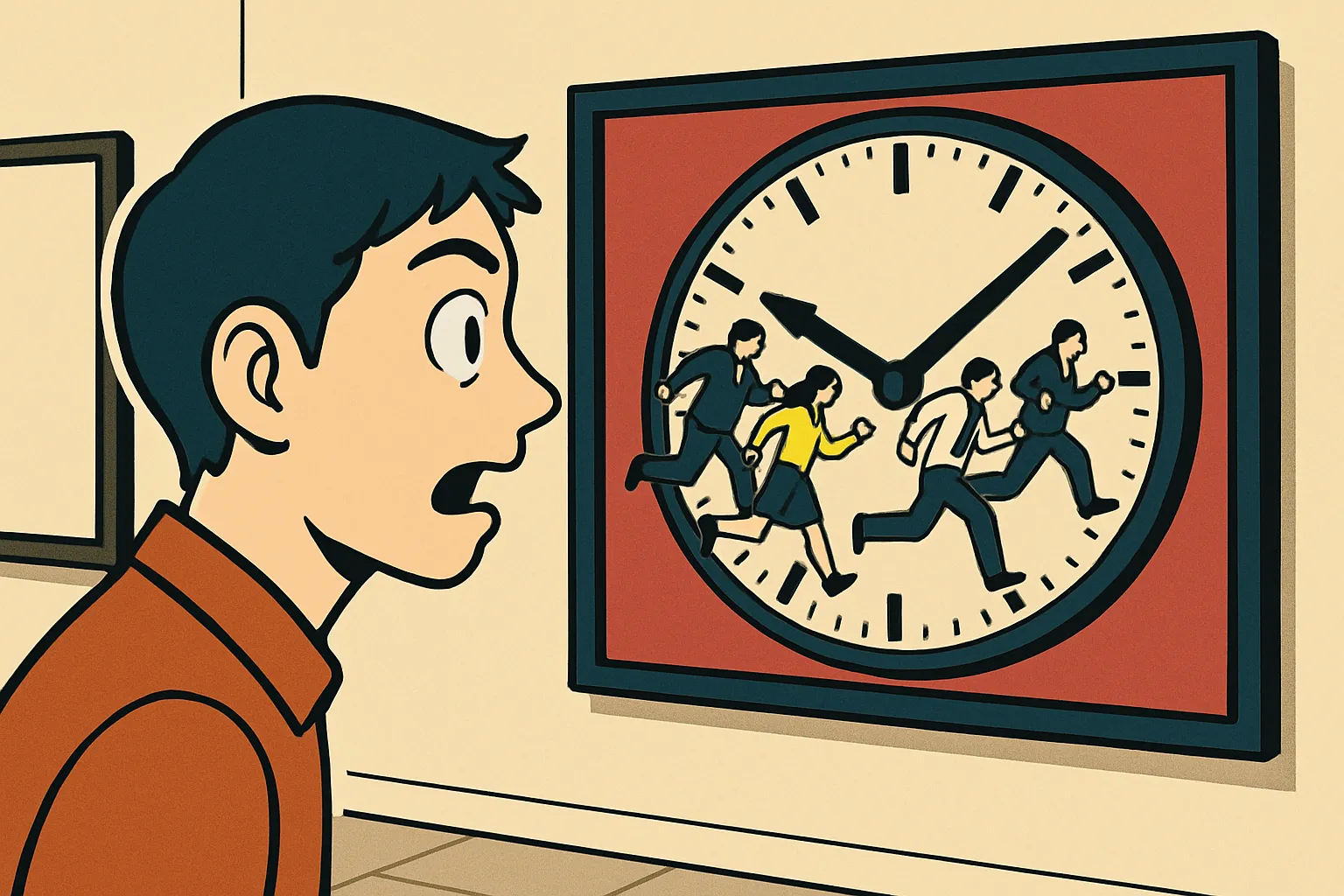The K-Drama Secret to Winning Hearts: The Two-Hand Rule!
Hello! Welcome to [Maeil Hangul], where we upgrade your Korean skills every day!
Have you ever noticed in K-dramas how characters give or receive items from their elders? They always use two hands! This isn’t just for the camera; it’s a crucial part of Korean etiquette. Mastering this simple gesture can make you seem incredibly polite and culturally aware, whether you’re giving a gift to your professor, paying a cashier at a local market, or meeting your Korean friend’s family for the first time.
Lately, in historical dramas and even modern slice-of-life shows, there’s a huge focus on authentic details. Viewers love seeing characters who show proper respect, and using two hands is a classic “green flag” moment that makes audiences swoon. Today, let’s learn how you can do it too and impress everyone with your amazing manners!
Core Expressions You Need to Know
Here are the key phrases to master this respectful gesture.
- 한국어 표현: 두 손으로
- 발음 [로마자]: du son-euro
- 영어 뜻: With two hands
- 상세 설명: This is the magic phrase! 두 (du) means “two,” 손 (son) means “hand,” and -으로 (-euro) is a particle that means “with” or “by means of.” You use this phrase to describe the action. If using two hands is difficult, you can also use one hand to give the object while gently supporting your wrist or forearm with your other hand. This shows the same level of respect!
- 한국어 표현: 드리다
- 발음 [로마자]: deu-ri-da
- 영어 뜻: To give (honorific)
- 상세 설명: While 주다 (ju-da) is the standard word for “to give,” you should always use 드리다 (deu-ri-da) when giving something to someone older or of higher social status (like a boss, teacher, or grandparent). It’s a fundamental word for showing respect.
- 한국어 표현: 받으세요
- 발음 [로마자]: ba-deu-se-yo
- 영어 뜻: Please receive this / Please take this.
- 상세 설명: This is the polite, formal way to say “take this.” It comes from the verb 받다 (bat-da), meaning “to receive,” combined with the honorific ending -(으)세요 (-euseyo). It’s a gentle and respectful command.
Example Dialogue
Imagine you (B) are visiting your Korean language teacher (A) and brought a small gift.
A: 어서 와요, B 씨! 와, 그게 뭐예요?
(Eoseo wayo, B-ssi! Wa, geuge mwoyeyo?)
Welcome, B! Wow, what is that?
B: 선생님, 이거 받으세요. 한국 전통 과자예요. 두 손으로 드려요.
(Seonsaengnim, igeo ba-deu-se-yo. Hanguk jeontong gwajayeyo. Du son-euro deuryeoyo.)
Teacher, please receive this. It’s a traditional Korean snack. I’m giving it with two hands.
A: 세상에, 고마워요! B 씨는 정말 예의가 바르네요. 잘 먹을게요!
(Sesange, gomawoyo! B-ssineun jeongmal ye-ui-ga bareuneyo. Jal meogeulgeyo!)
Oh my gosh, thank you! You have such wonderful manners, B. I’ll enjoy it!
Culture Tip & Trend Deep Dive
In Korea, respect for elders (어른 공경, eoreun gonggyeong) is a cornerstone of the culture, deeply rooted in historical values. Using two hands is the most visible and common way to express this respect. It signifies that you are offering the item with your whole heart and acknowledging the other person’s seniority.
K-Drama Spotlight: You’ve definitely seen this! Think about the latest hit historical romance where the prince respectfully offers medicine to the queen with two hands. Or in a modern drama like “Queen of Tears,” where the male lead tries to win over his in-laws—every gift, every cup of tea, is presented with 두 손으로. This small act instantly communicates his sincerity and good character. It’s a non-verbal cue that tells the audience, “This person understands and respects our traditions.”
So, when you do this in real life, you’re not just being polite; you’re showing that you’ve made an effort to understand the deeper cultural values. It’s a gesture that says more than words ever could!
Let’s Wrap It Up & Practice!
Today we learned the “two-hand rule”—a simple yet powerful way to show respect in Korea. By using expressions like 두 손으로 (with two hands) and the honorific verb 드리다 (to give), you can navigate social situations with grace and confidence.
Now, it’s your turn to practice!
Quick Quiz:
- You are buying coffee and giving your credit card to the older shop owner. Should you use one hand or two hands?
- Fill in the blank: 할머니께 선물을 ( _______ ) 드렸어요. (I gave a gift to my grandmother _______.)
You’re doing an amazing job! Keep up the great work.
Why not try making a sentence with one of today’s expressions? Leave a comment below using what you’ve learned






